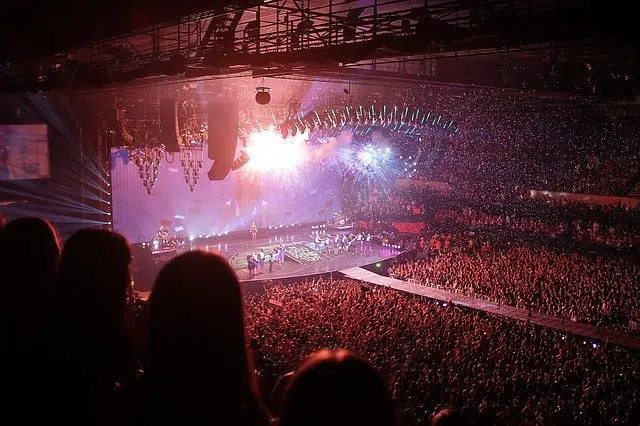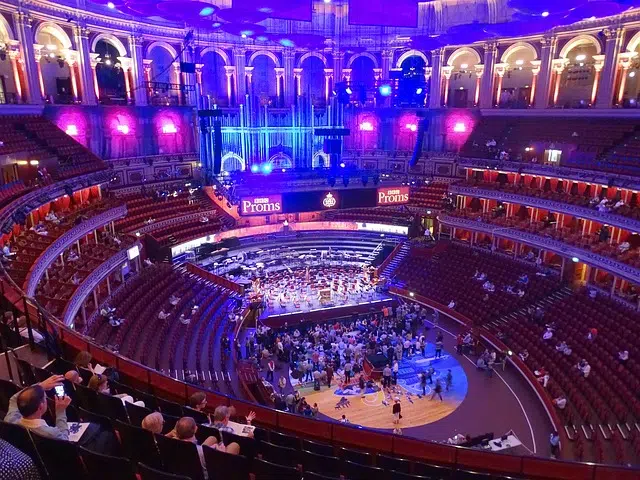
The space where performing arts are performed is called a stage.
Stage , from the Latin scenarium , is a space intended for the representation of performing arts (such as plays, dance or music). It usually has an elevated platform so that the public can see the protagonists more easily.
For example: “The tension in the audience was palpable during the minutes before the villain made his appearance on stage,” “The singer announced that he will return to the Argentine stage with a national tour,” “My dream is to dance on stage. ” and receive the applause of the crowd.”
Stage as a space for speeches and in cinema
The stage can also be used as a space for giving speeches or for organizing conferences and congresses . In the first case, a speaker goes on stage to face the audience and begins to address them, usually using a microphone. Events that take place on a stage, for their part, usually include debates and exchanges of opinions.
In the field of cinema, the setting is the place where the different parts of a film take place : “Woody Allen's new comedy is set in the city of Barcelona,” “The forests of the United Kingdom were chosen as the setting for the film.” of Robin Hood.”
The concept in everyday language
For everyday language, the setting is the place where an event takes place or develops and the set of circumstances surrounding the event or a person.
“This house was the scene of the crime that shocked society”, “The government assured that, with this scenario, the normal development of the elections is at serious risk” y “I have never returned to the scene of my consecration” son expresiones con ejemplos de esta acepción.

The Royal Albert Hall is one of the most famous stages in the world.
Stage as a synonym for theater
Stage can be used synonymously with theater in certain contexts. Let's see below some of the most important theaters in the world, analyzing various characteristics, such as the versatility of their stages, their architectural style and their capacity:
National Grand Theater of China
It is a colossal construction, which has 6,500 seats and was inaugurated in 2007. Its exterior appearance is very particular and shows a style that contrasts with the antiquity of the performing traditions of its country, which precede those of any another nation.
Royal Albert Hall, England
Works of various genres have been performed on its stage, from opera to rock. It is one of the most beautiful theaters in the world, both outside and inside; It was inaugurated on March 29, 1871 and has been the meeting point for lovers of music by composers such as Verdi (who conducted the orchestra during the opening ceremony) and Rachmaninov, or contemporary geniuses such as Elton John, The Beatles and Jimi Hendrix.
Garnier Palace, France
Built by order of Napoleon III, the Palais Garnier opened its doors in 1875, dedicating its stage exclusively to opera. It is worth mentioning that its dimensions made it the largest theater in the world , and that its style, for some ostentatious and overloaded, contains a unique charm. As a curious fact, the story of " The Phantom of the Opera ", written by Gastón Leroux, is set on the stages and tunnels of this same theater. The creation of a mural on the ceiling by Marc Chagall, in 1964, aroused great discontent among the majority of the regulars.
Vienna Opera
It was inaugurated in 1869 with a staging of the opera " Don Juan " by Mozart. Since its opening, it has given rise to countless debuts and memorable performances by great composers and performers from around the world. It should be noted that Austria is considered by many to be the country that has done the most to promote operatic music. In 1945, an aerial bombardment directly attacked its structure , leaving it in ruins. Its restoration took a decade but, once again, it opened its doors to music.
